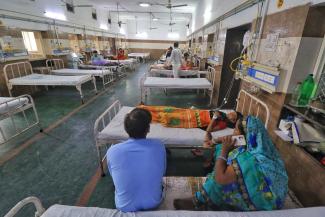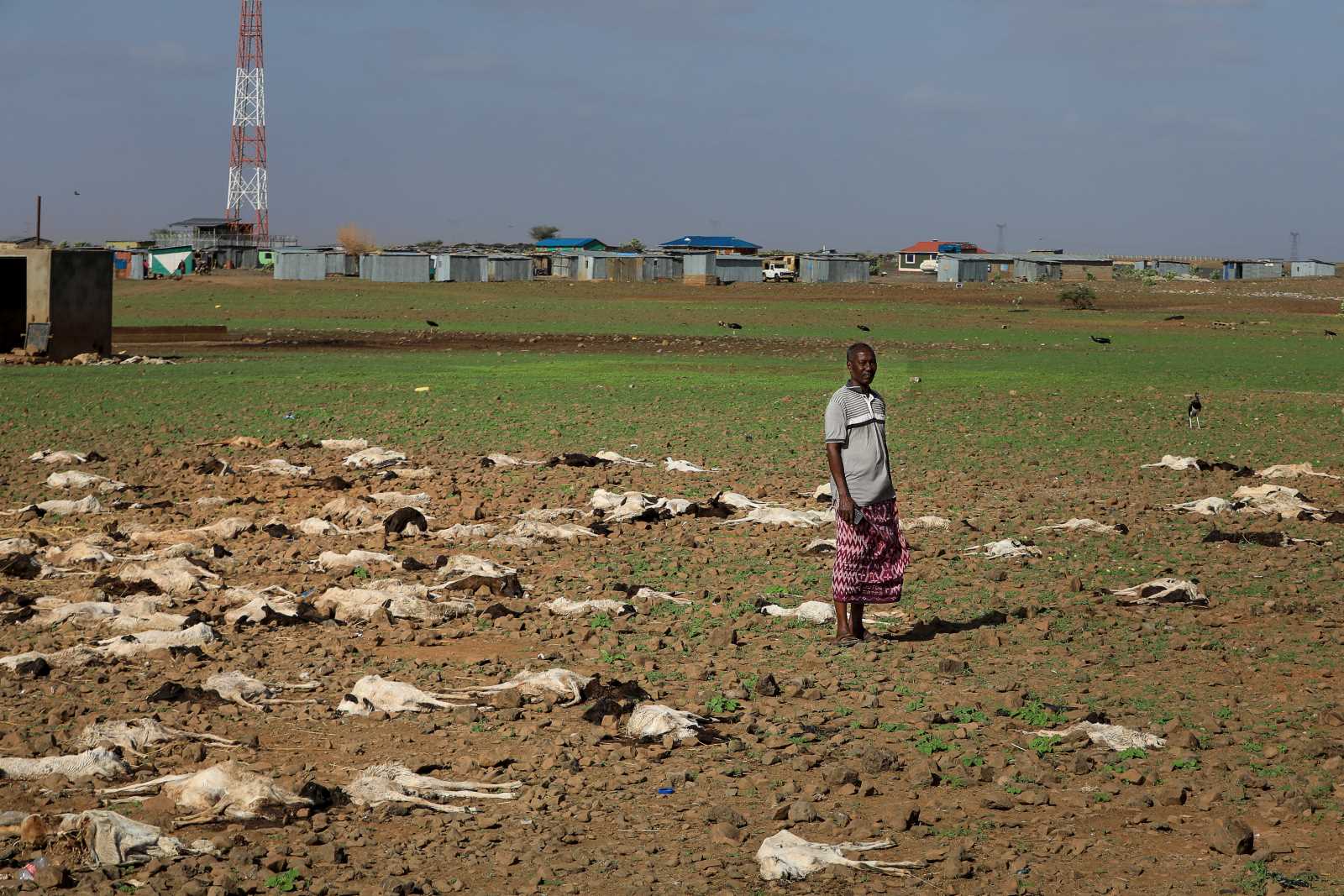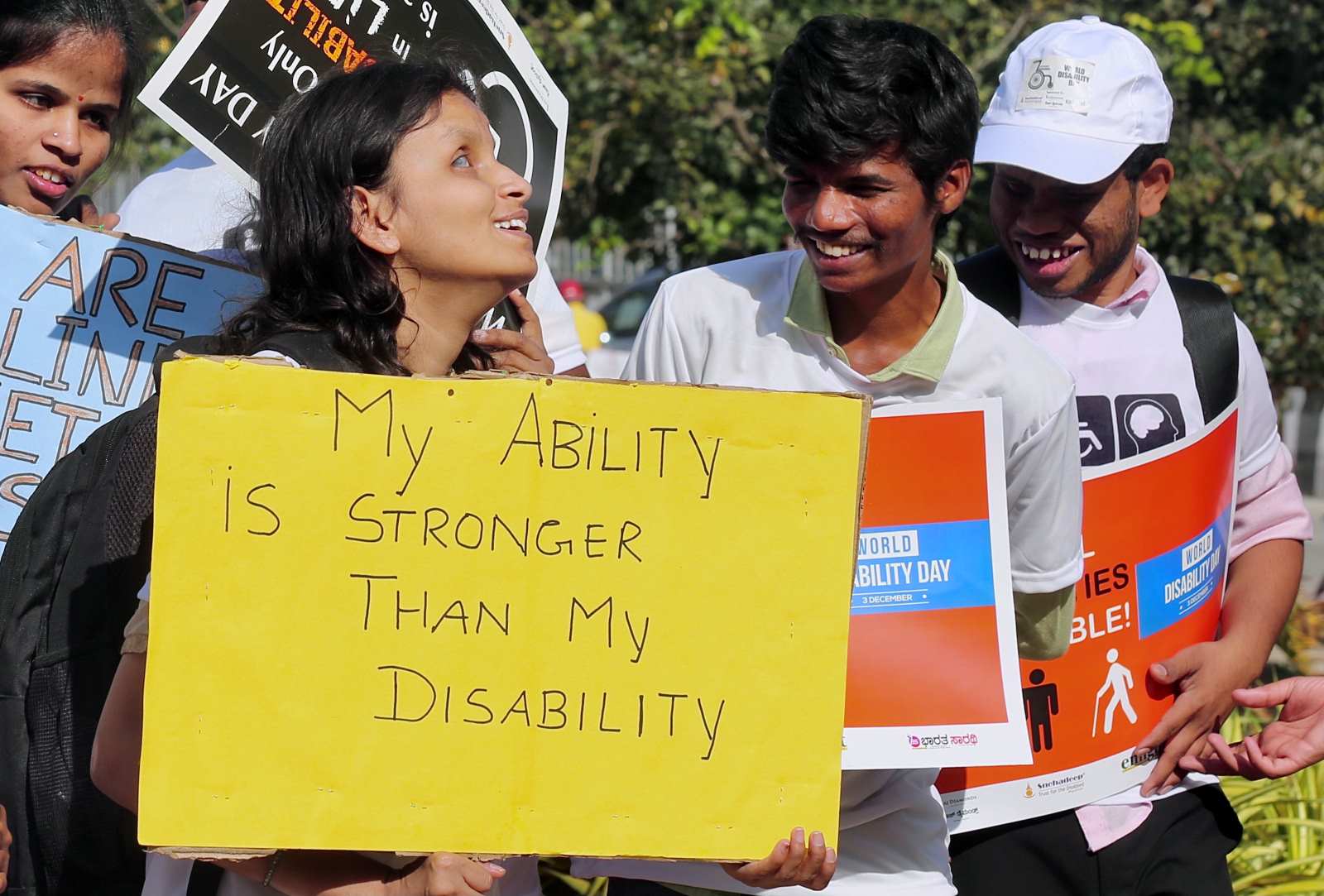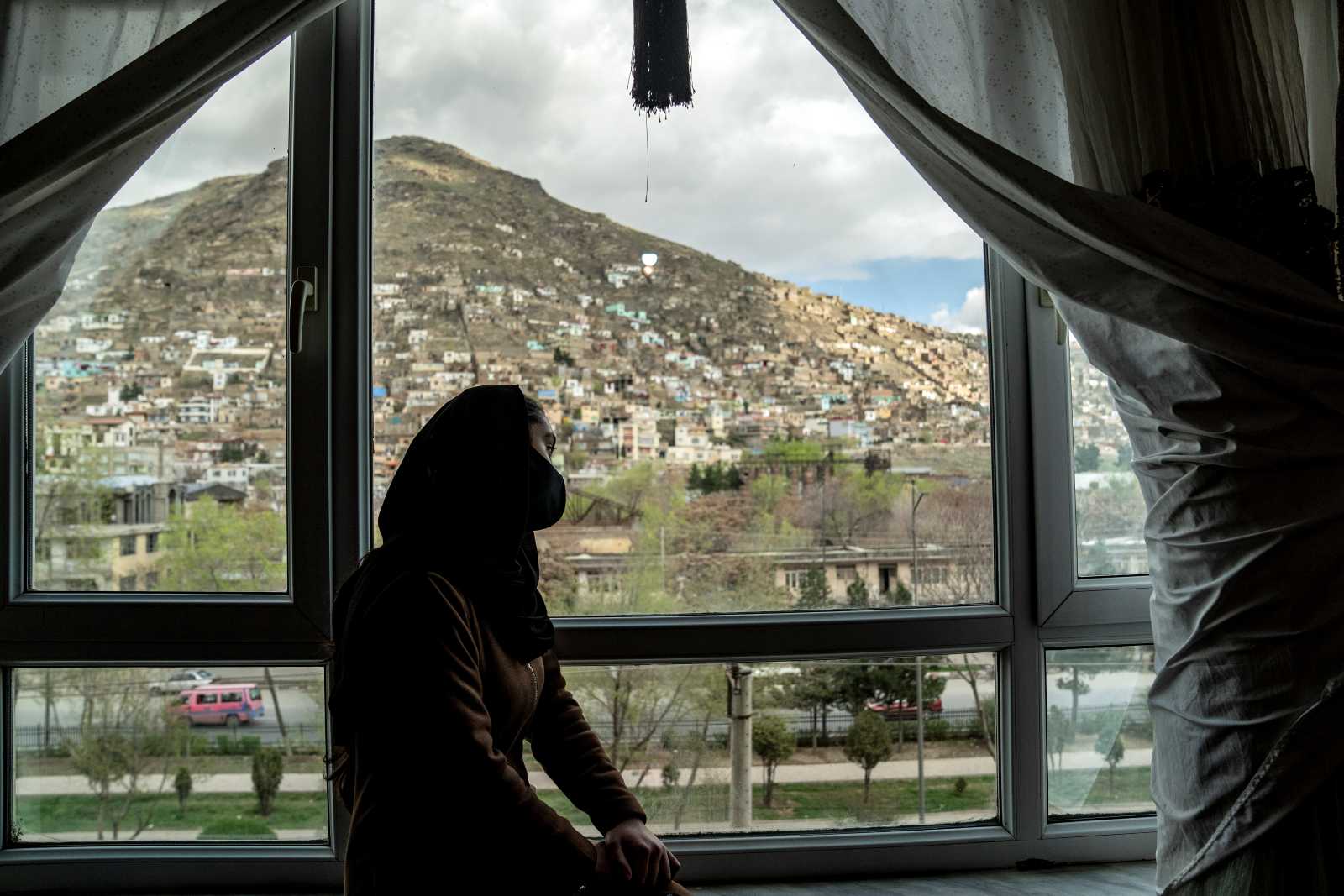International standards
Better data systems for better social protection

Countries around the world spent an average of two percent of their gross domestic product (GDP) on social protection in an attempt to address the hardships caused by the Covid-19 pandemic, according to a World Bank report (World Bank 2021). High-income countries had more means to do so than low-income countries. The International Labour Organization (ILO) has long highlighted the massive gaps that exist in social protection worldwide (ILO, 2017). Around two thirds of the global population have limited or no access to basic social protection, such as adequate health insurance or unemployment insurance.
The problem is exacerbated by fragmented social-protection information systems that are often unable to communicate with other programmes or wider government systems. This lack of harmonisation not only affects social protection outcomes but can also lead to a wastage of public resources.
One way to address this issue is by promoting interoperability, which is the ability of different components of a social protection system to work together effectively and efficiently. Data systems, technology platforms and service-delivery mechanisms should be able to share information and coordinate services. Interoperability is important for social-protection systems because it allows for a more holistic and integrated approach to service delivery, which can lead to better outcomes for beneficiaries.
Facilitating better services
Digital technology and information systems are increasingly used to improve social protection programmes. For example, they can facilitate seamless information sharing between various government agencies, such as the Ministry of Social Protection and the Ministry of Health. This allows governments to better target those in need and deliver services to them. Using biometrics, for instance, can accurately verify the identities of recipients and ensure that services are channelled to the right beneficiaries.
Social protection delivery systems typically involve interactions:
- amongst various programme specific information systems,
- with shared foundational systems like civil registry, digital identification systems and payment systems, as well as
- with sectoral information systems of, for example, health and education.
To ensure seamless interoperability, the implementation of common standards and protocols is imperative. While countries do make use of standards like OpenHIE or FHIR for health care data exchange, such standards are missing for the social protection sector.
The Digital Convergence Initiative
In a bid to tackle this issue on a global scale, the Digital Convergence Initiative (DCI) was launched in September 2021 under USP2030 (Global Partnership for Universal Social Protection to Achieve the Sustainable Development Goals), a global alliance of governmental and non-governmental organisations. DCI is a joint effort by USP2030 members, governments, development partners, civil society and the private sector. Its objective is to build a global consensus on open standards for integrated and interoperable social protection information systems.
Representatives from the bilateral German development agency GIZ, World Bank and ILO meet every week to steer the initiative. DCI envisages that the open standards will:
- foster an ecosystem for innovation in which technology providers can build products that are interoperable,
- reduce the time and cost of developing interoperable solutions, especially in low- and middle-income countries,
- enable programmes to match interoperable components from different providers to build their integrated social-protection delivery systems and
- help design systems that are prepared for future needs, beyond the current level of maturity of policy and information systems.
To achieve this, the DCI has developed a multi-pronged approach to building consensus on standards.
Firstly, it hosts a series of monthly webinars where nations can share their experiences on achieving interoperability of social-protection delivery systems and talk about the challenges they face. This also helps to build a community that drives the development of global standards. To date, ten countries have shared their journeys which are recorded and made available along with presentations on the DCI website (see link below): India, Belgium, Turkey, Chile, Cambodia, France, Zambia, Brazil, Ghana and Uzbekistan.
Interaction of social-protection systems with civil registry and payment systems
Secondly, the Digital Convergence Initiative is organising a series of workshops to demonstrate how interoperability can be implemented. Use cases focus on the interaction of social protection systems with, for example, civil registry or payment systems.
Thirdly, the DCI sets up committees to formulate standards for such interactions. They include representatives from academia, international organisations, solution providers and other experts to help bring different perspectives and expertise in the formulation of standards.
Fourthly, the DCI builds partnerships with providers of both proprietary and open-source software that perform one or more functions in the delivery chain of social protection programmes. To help develop uniform standards for interoperability, DCI harnesses the potential of open-source software solutions, which are readily available to the general public free of charge.
While interoperability is critical to delivering better social services to those in need, data security must not be neglected too. Interconnecting different data systems poses data-security risks, and countries need to ensure that their citizens’ data is protected at all times.
Further Reading
Digital Convergence Initiative (DCI):
https://spdci.org/
World Bank, 2021: Social protection and jobs responses to COVID-19: A real-time review of country measures. “Living paper” version 15 (May 14, 2021).
https://documents1.worldbank.org/curated/en/281531621024684216/pdf/Social-Protection-and-Jobs-Responses-to-COVID-19-A-Real-Time-Review-of-Country-Measures-May-14-2021.pdf
ILO, 2021: World Social Protection Report.
https://www.ilo.org/wcmsp5/groups/public/---ed_protect/---soc_sec/documents/publication/wcms_817572.pdf
Anita Mittal is Lead of Digital Convergence Initiative and Senior Advisor Social Protection at GIZ India.
anita.mittal@giz.de
















